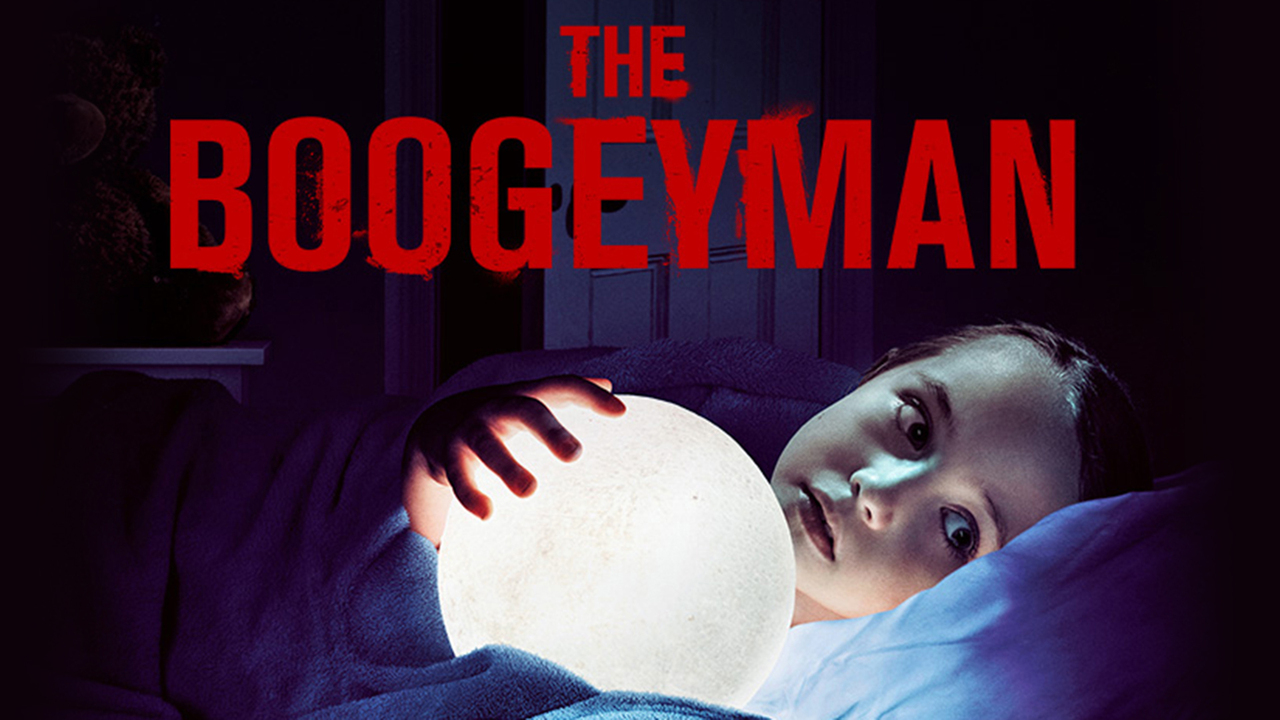Atlantis: The Lost Empire (2001) – Disney’s Bold Dive into Adventure
When Walt Disney Animation released Atlantis: The Lost Empire in 2001, it marked a significant shift from the studio’s traditional formula of fairy tales and musicals. Directed by Gary Trousdale and Kirk Wise, the film presented audiences with a darker, more action-driven story that blended steampunk aesthetics, science fiction, and mythology.
The film follows Milo Thatch, a linguist voiced by Michael J. Fox, who dreams of proving his grandfather’s theories about the lost city of Atlantis. With the support of an eccentric crew and the funding of a wealthy benefactor, Milo embarks on an ambitious expedition aboard a state-of-the-art submarine. Their perilous journey through treacherous waters eventually leads them to the legendary city, where ancient secrets and advanced technologies challenge the crew’s true motives.
Visually, Atlantis: The Lost Empire stood out from Disney’s previous works. Inspired by comic book artist Mike Mignola, the animation embraced bold lines, muted colors, and a more mature style. Combined with early computer-generated effects, the film created action sequences and landscapes that pushed the boundaries of Disney animation at the time.
Thematically, the story tackles issues of greed, cultural respect, and the preservation of history, offering a narrative that resonated beyond its adventurous surface. James Newton Howard’s evocative score further amplified the film’s epic scope, balancing mystery with grandeur.
While Atlantis struggled at the box office and received mixed reviews upon release, its reputation has grown steadily over the years. Today, it is remembered as one of Disney’s most daring experiments, admired for its ambition and willingness to step outside the studio’s comfort zone. For many fans, Atlantis: The Lost Empire remains a hidden gem that continues to inspire curiosity and adventure two decades later.



